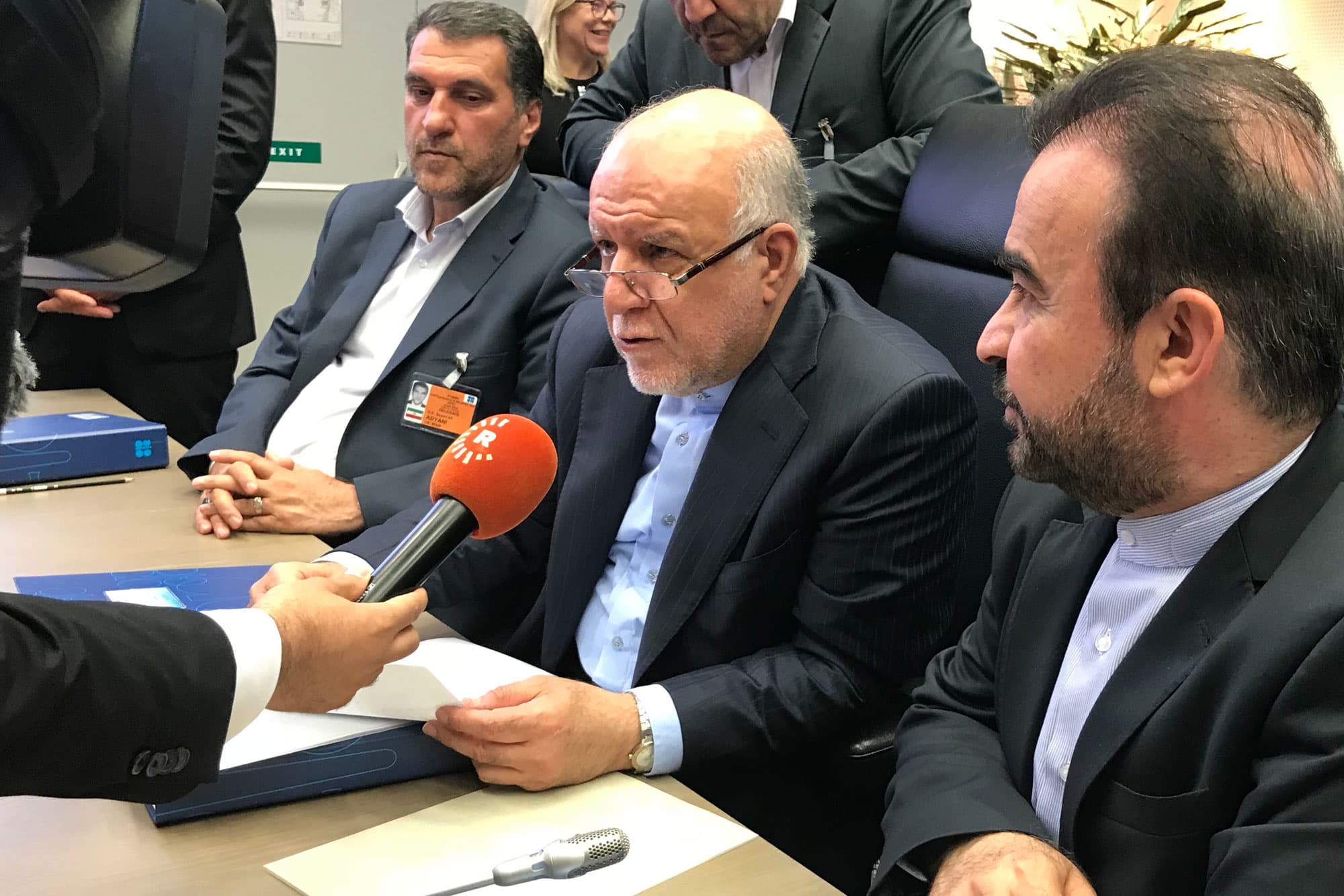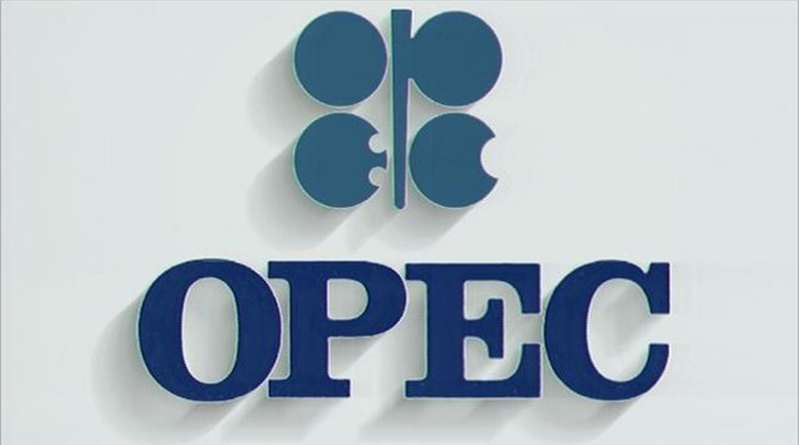Iran’s oil minister warns that OPEC is likely to collapse, writes CNBC
Iran’s oil minister is warning that OPEC is “likely to collapse” because some members of the 14-nation group are working against their fellow producers.
The comment appears to be a thinly veiled reference to Saudi Arabia and the United Arab Emirates. The Trump administration tightened energy sanctions against Iran on Thursday, and the White House says the Saudis and Emiratis will work with the U.S. to offset the anticipated drop in Iranian oil supplies.
“Iran is an OPEC member just for its interests and if certain OPEC members want to threaten and endanger Iran, Iran will not refrain from responding to them,” Iranian Oil Minister Bijan Zangeneh told Shana, the ministry’s news agency, following a meeting with OPEC Secretary General Mohammed Barkindo in Tehran on Thursday.
“I told Mr Barkindo that OPEC is being threatened due to unilateralism by certain members and this organization is likely to collapse,” Zangeneh said.
U.S. sanctions, imposed in November, have already cut Iran’s oil exports by about 1 million barrels per day. On Thursday, the Trump administration stopped granting sanctions waivers to some of Iran’s biggest customers. Analysts now expect the Islamic Republic’s exports to fall by another several hundred thousand barrels per day.

Saudi Arabia has not explicitly committed to hiking output to fill the gap. After the U.S. announced it would end the sanctions waivers, Saudi Energy Minister Khalid al-Falih said the kingdom would consult with producers and consumers “to ensure a well-balanced and stable oil market.”
OPEC and its oil market allies, including Russia, are scheduled to meet on June 25-26 in Vienna to decide whether to extend their deal to limit oil supply, which has been in place since January and expires at the end of June.
Saudi Arabia can lift output and still abide by the deal because it is currently pumping about 500,000 bpd below its quota.
Inflammatory comments from Iranian officials are not uncommon and frequently do not lead to destabilizing action. However, the remarks come at a time of heightened tension.
OPEC’s alliance with Russia has fueled concerns within the organization that decision-making is being dominated by the Saudis, Russians and a core group of producers that includes the UAE.
Last fall, Qatar said it would leave OPEC after 57 years in the organization. The natural gas-rich nation denied that it made the decision because Saudi Arabia and the UAE have kept Qatar under embargo since June 2017. However, Qatar’s foreign minister later told CNBC that as a small oil producer, its voice didn’t count in OPEC.
– cnbc




